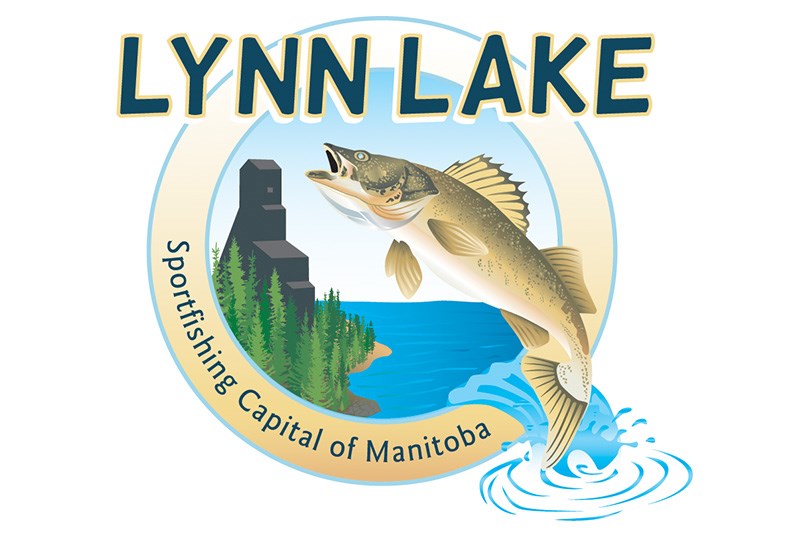An application to raise water and sewer rates in the Town of Lynn Lake has prompted a former mayor to express his objections in writing to the Public Utilities Board of Manitoba (PUB).
“The rates are already at a ridiculously high level (quite likely one of the highest in Canada) for water which residents haven’t been able to drink for going on a decade,” said Dulewich, who was Lynn Lake's mayor from 1990 to 2010, in an email to the PUB, a copy of which he forward to the Thompson Citizen. "It is absolutely unacceptable in today's world for a town to be on a boil water order for this many years."
Lynn Lake has been under a provincial boil water advisory since 2012, after a new water treatment plant installed in 2011 proved unable to meet the local demand for water, forcing the town’s water and sewer utility to combine its output with chlorinated lake water to make up the difference.
The proposed new quarterly rate for residential customers in Lynn Lake is $356.14, up from the current charge of $302.60 established in 2018. There are no water meters in Lynn Lake, so larger customers are assigned various residential equivalency units (REUs) ranging from two to 38. Their bills are calculated by multiplying the REU number by the quarterly rate. The rate established in 2018 was supposed to be an interim rate in effect for only one year, until April 1 of last year, and the town was supposed to submit a new rate application by Oct. 31, 2018.
The last time prior to 2018 that the city had a rate application approved by the PUB was in 2011, when the cost per one REU was $200. A rate rider was added in 2014 for the utility to recover deficits from 2011 through 2013 and an anticipated deficit in 2014. A rate application was submitted in August 2015 for the years 2015 through 2019 but then withdrawn because audits for 2015 and 2016 financial had not been completed and deficits were anticipated for those years as well. The current rates being charged are the 2017 rates from that rate study. The town began charging the rates within that study without approval from the PUB.
Lynn Lake Mayor Jim Shortt told the CBC that he was asking residents to object to the proposed rate hike that was approved by the town’s council.
“We don’t want any businesses closing down,” he said. “We don’t want anybody leaving. We’re fighting that battle and hopefully again the community has a strong enough bark that the PUB takes everything into consideration.”
He also said the town had applied for aid from the province’s Mining Community Reserve Fund but their requests were turned down.
A provincial government spokesperson told the CBC that it offered technical and financial assistance in 2019 so the town could study possible upgrades to its water system and that it was working with Lynn Lake to resolve the boil water advisory.
When the current rate was approved, the PUB said it sympathized with the plight of Lynn Lake, which had fewer than 500 residents in the 2016 census, and other communities in similar circumstances, but that problems caused by a declining population do not exempt the town from running its utility as required by provincial laws and regulations, which do not allow water and sewer utilities to run deficits without PUB approval.
“The problems associated with a declining population, including fewer customers to pay for utility operations, are not new to the board,” the PUB order said. “Depopulation is a significant problem faced by some other utilities in Manitoba. Notwithstanding these circumstances and the pressure placed on ratepayers, there remains a duty of care for the town to operate the utility in a safe manner, so as to further the health, welfare and economic development of the town.”




